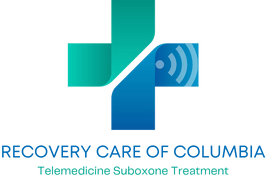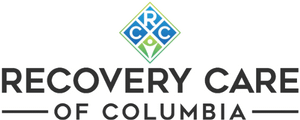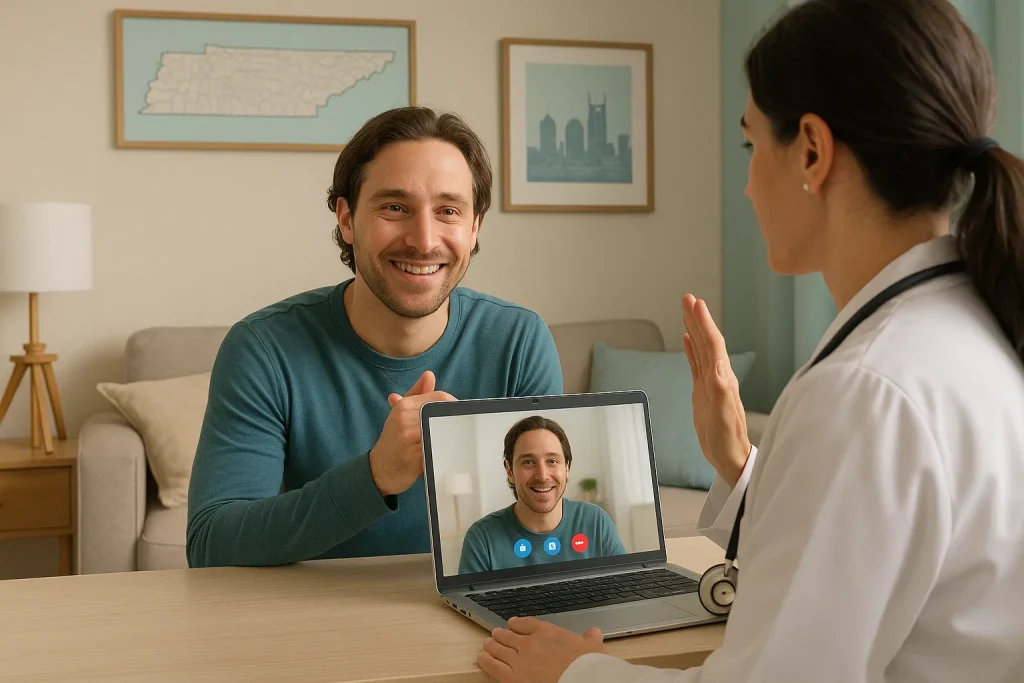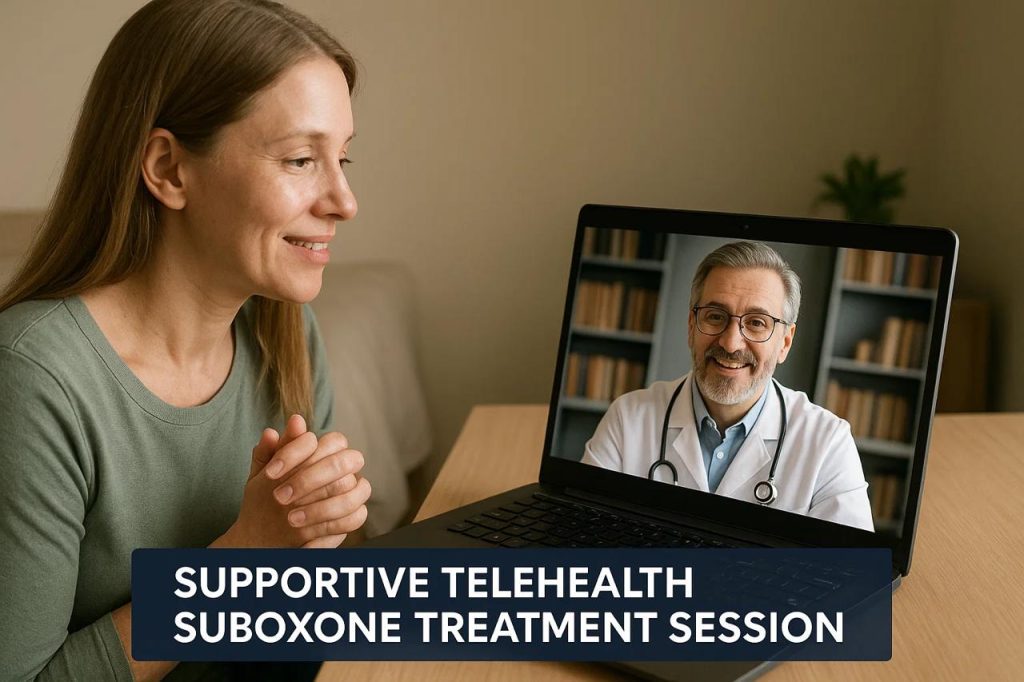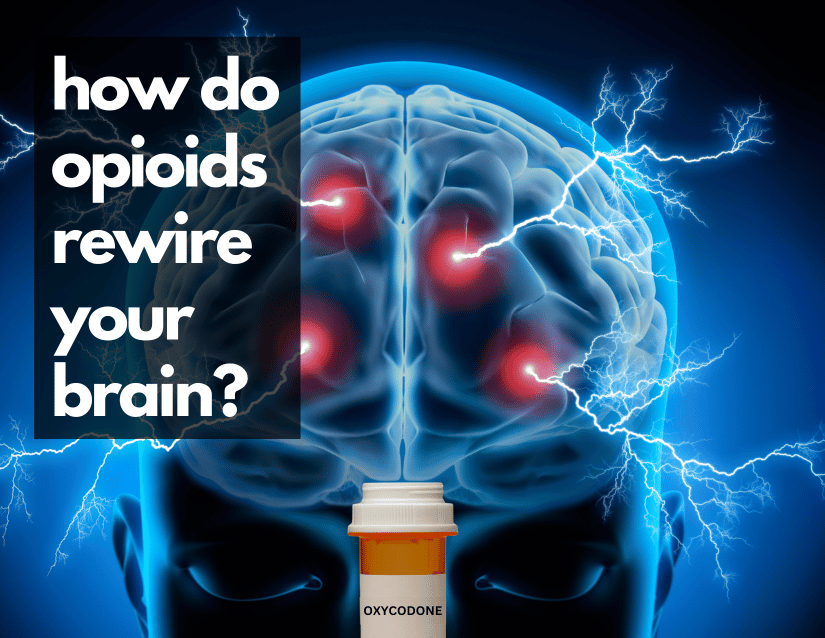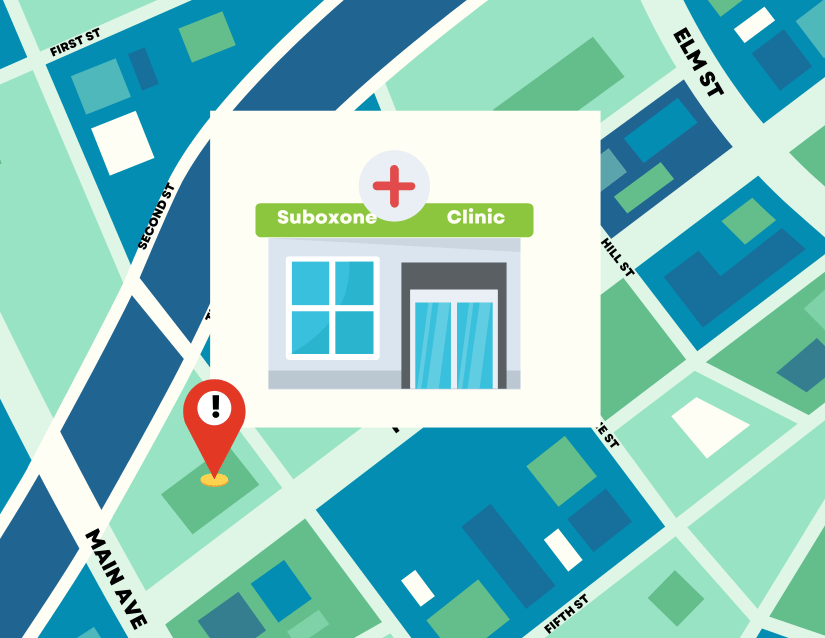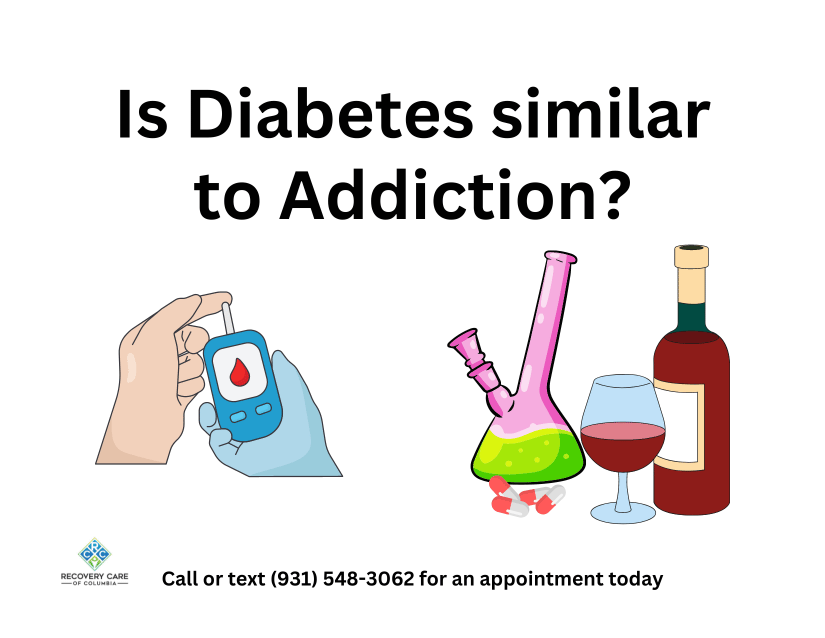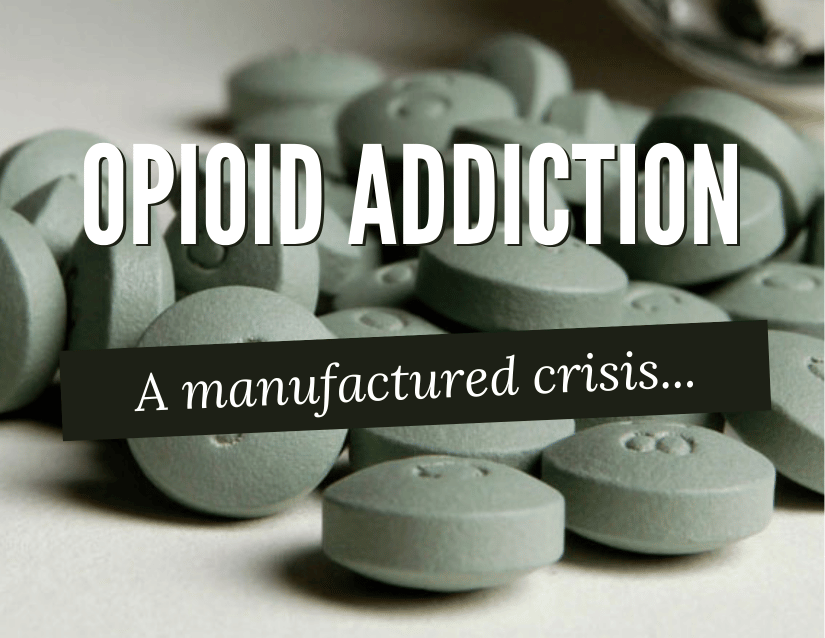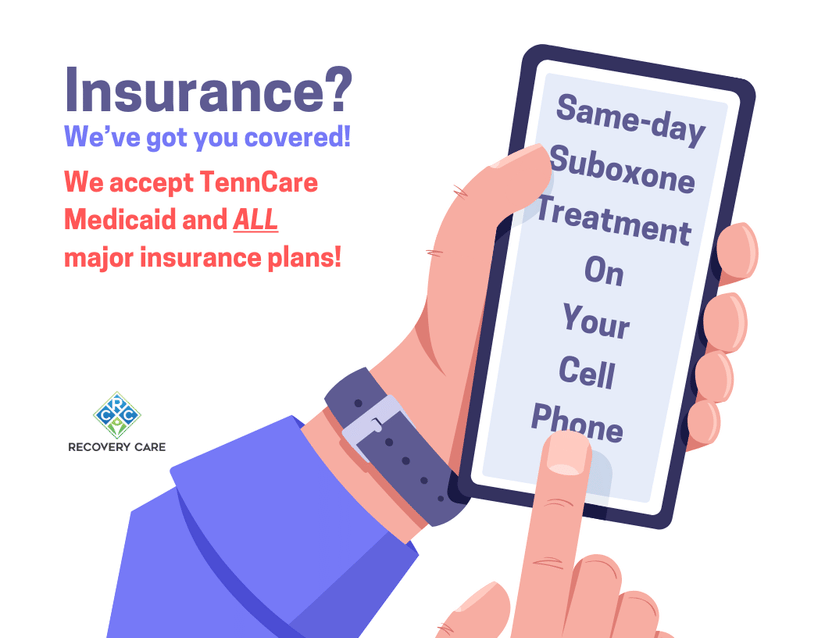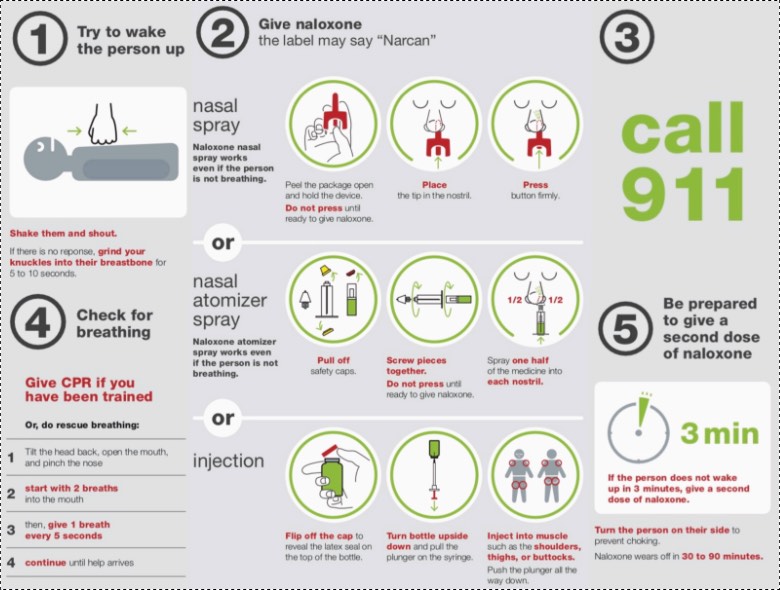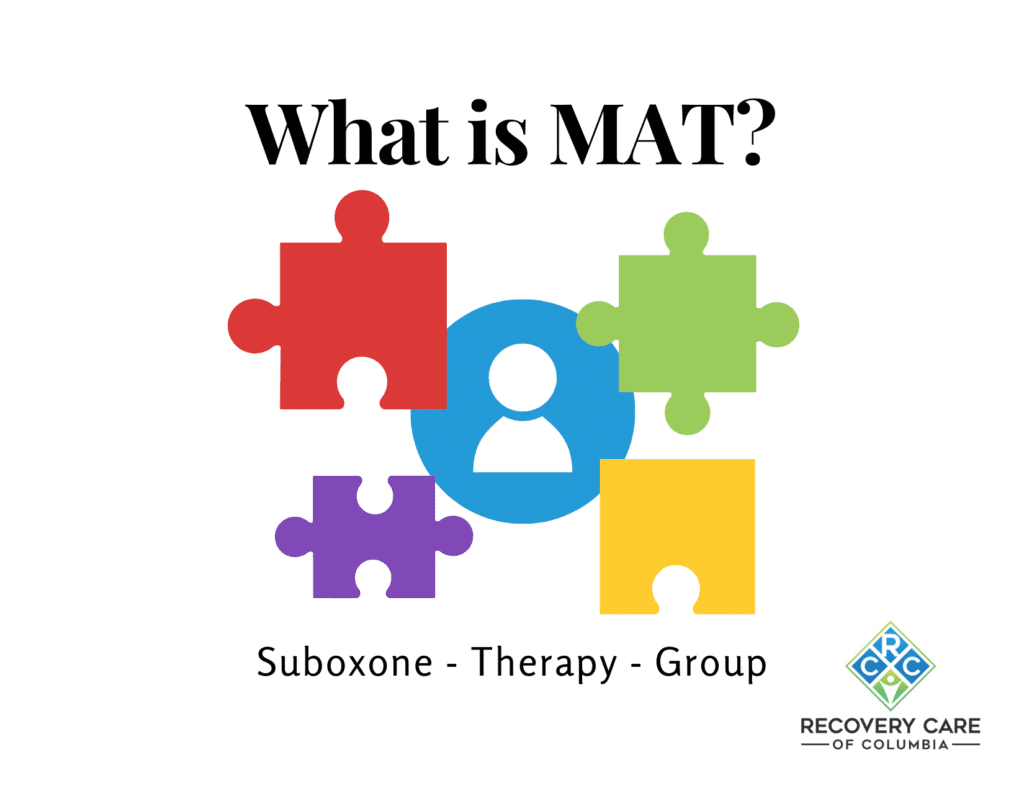How to Deal with an Opioid Addict
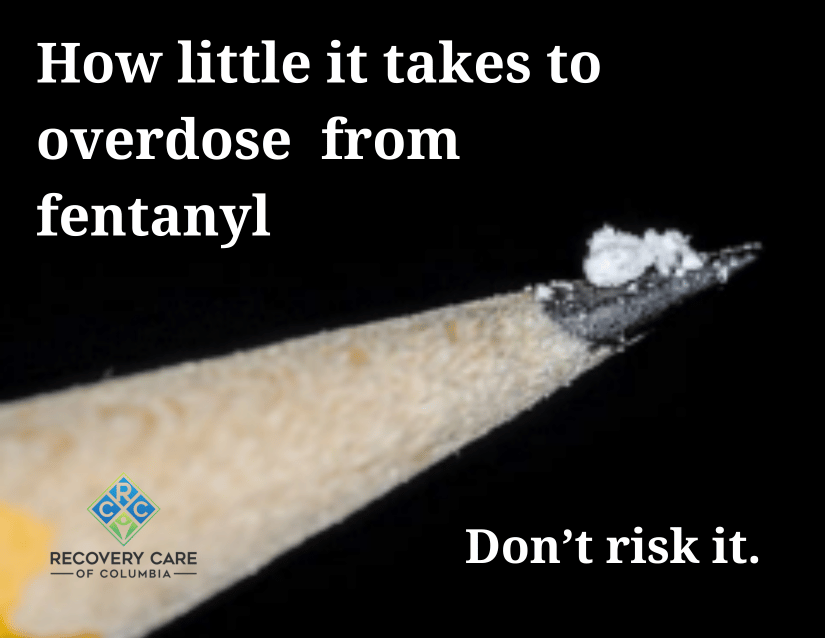
There’s no single “best” way to help someone with opioid addiction, as each person’s situation and needs are unique. Discussing opioid addiction with someone who’s in active addiction can be challenging and should be handled sensitively.
The Drugs are Making all the Decisions
Sometimes friends and family of an opioid addict are surprised by the behaviors they witness by someone who’s addicted. Especially, if they knew the person before their opioid addiction became problematic.
The difference can literally be black and white, as if you’re talking to a completely different person. That’s because you ARE talking to a completely different person.
Opioids can literally appear to take someone’s personality hostage by overtaking the millions of opioid (Mu) receptors in the brain. Just like opioids can block the feelings of pain and discomfort from the brain, they can also seem to block a person’s personality from appearing.
Opioids Aren’t Bad. Misuse of Opioids Is.
Opioids are a necessity for post surgical pain and other scenarios where a person requires relief from pain or discomfort. Not only do opioids block the effects of pain and discomfort from the brain, they also provide a sense of euphoria which can be extremely addictive to certain types of people.
Euphoria is the experience (or affect) of pleasure or excitement and intense feelings of well-being and happiness.
When someone takes a powerful opioid such as fentanyl, heroin or morphine they actually experience “a false sense of wellbeing”.
When someone asks me how I got addicted to opioids I always share this:
When I was most addicted I would watch the Travel Channel frequently. Rather than dream about visiting the many beautiful places I was seeing, my brian would make it feel like I had already been there. The only thing I needed to feel good was more pills. Everything else in life was just an accessory to my feelings of euphoria and feeling good. My brian was constantly telling me over and over again:
- Everything is okay
- My life is good
- I have great things to look forward to
- There is nothing to worry about
When the pills would wear off, reality would settle-in, quickly. My brian would then tell me the truth about my life:
- Nothing is okay
- My life is a mess
- I have nothing to look forward to but taking more pills
- I have everything to worry about because I have neglected my life, and the lives of all my family and friends.
- I need to find more pills
Can Anyone Get Addicted to Opioids?
The short answer is “yes”. However, there can be many factors that lead to someone getting addicted to opioids. Here are a few:
- Pain Relief and Euphoria:
Opioids bind to opioid receptors in the brain, producing powerful pain relief and a sense of euphoria – a false sense of wellbeing. This can be extremely pleasurable, leading to cravings and repeated use.
- Dependence and Tolerance:
Over time, the body adapts to the presence of opioids, making it dependent on them to function normally. This can lead to withdrawal symptoms, like muscle aches, nausea, and anxiety, when attempting to stop or reduce use.
- Changes in Brain Chemistry:
Chronic opioid use disrupts the brain’s reward system, making it difficult to experience pleasure from natural activities. This can further fuel cravings and compulsive drug-seeking behavior.
- Genetic and Environmental Factors:
Some people have a genetic predisposition to addiction, making them more susceptible to developing an opioid use disorder. Additionally, factors like childhood trauma, mental health issues, and social pressures can also play a role.
- Prescription Misuse:
Opioid addiction often begins with prescribed medications for pain management. Misusing these medications, taking them in higher doses or for longer than prescribed, significantly increases the risk of addiction.
Addiction is a Medical Condition, Not a Moral Failing
It’s important to remember that addiction is a medical condition, not a moral failing. If you or someone you know is struggling with opioid addiction, seeking professional help is crucial. There are effective treatments available, and recovery is possible.
Approaching an Opioid Addict
There’s no “one way” to speak with an opioid addict. What’s frustrating is understanding that they have to want help in order to receive it. Sometimes it’s best to wait until someone is without their drug of choice and possibly experiencing opioid withdrawal.
It can be moments like this when they have a moment of clarity and are “sick and tired of feeling sick and tired”. Many people in recovery will tell you that they had to reach a threshold before really wanting help with their addiction. They might also tell you there were many times when the time just wasn;t right because they simply weren’t ready.
“Timing” is something that can only happen within the individual. Often, family and friends will want this much sooner than the person who’s addicted.
Is Medical Assistance Required for Successful Recovery?
No. But, stopping opioid use abruptly without tools like Suboxone, counseling, and group recovery can be extremely difficult for most. In my case, I was abruptly stopped of taking 240 milligrams of oxycodone every day. I suffered 13 consecutive days and nights of hellish opioid withdrawal. Sadly, that wasn’t even the end of it. After the withdrawals ended I still felt like I’d been run over by a dump truck. That feeling alone was unbearable. I lasted 6 miserable weeks before going back to taking pills – just so I could function.
Suboxone – A Miracle Drug
Suboxone was the last thing I tried and the only thing that worked. I can say with confidence I would probably be dead if not for Suboxone. The only place I had left to go was heroin and I was getting very close to it due to financial reasons. Heroin is cheaper than pills and extremely dangerous. Most heroin is now laced with fentanyl regardless of its origin.

A fatal dose of fentanyl
According to the DEA, just 2 grains of salt worth of fentanyl is considered a fatal dose. (source: dea.gov) That means anyone who’s currently taking heroin is literally one dose away from overdose. If you’re currently using heroin please get help before it’s too late.
Things You Can Do and Say to Help an Opioid Addict
Support and Encouragement:
- Express your concern and love: Let them know you care and want to see them healthy.
- Listen without judgment: Be a safe space for them to talk openly and honestly.
- Avoid blame or shame: Addiction is a complex disease, not a moral failing.
- Acknowledge the difficulty of recovery: Show empathy for the challenges they face.
- Be patient and understanding: Relapse is a common part of recovery, so offer ongoing support.
Help them seek professional help:
- Encourage them to see a doctor or addiction specialist: They can assess their needs and recommend treatment options.
- Help them find treatment programs: Research local resources and support them in enrolling in a program.
- Offer practical assistance: Help with transportation to appointments or childcare if needed.
Educate yourself:
- Learn about opioid addiction and its effects on the brain and body.
- Understand the withdrawal process and how to manage it safely.
- Familiarize yourself with treatment options and medications.
Register for Outpatient Addiction Treatment via Telemedicine:
- If they have TennCare health insurance:
TennCare Addiction Treatment - If they have commercial health insurance:
Commercial Insurance Addiction Treatment - If they do not have health insurance:
Self-Pay Addiction Treatment
Remember:
- Safety is paramount. If you suspect an overdose, call 911 immediately and administer naloxone if available.
- Set boundaries. You can’t force someone to get help, but you can set boundaries to protect yourself and your loved ones.
- Take care of yourself. Supporting someone with addiction can be emotionally draining. Make sure to prioritize your own well-being.
Considering an Intervention for someone who’s addicted to opioids?
Please read this first: How to Plan an Intervention for an Opioid Addict
